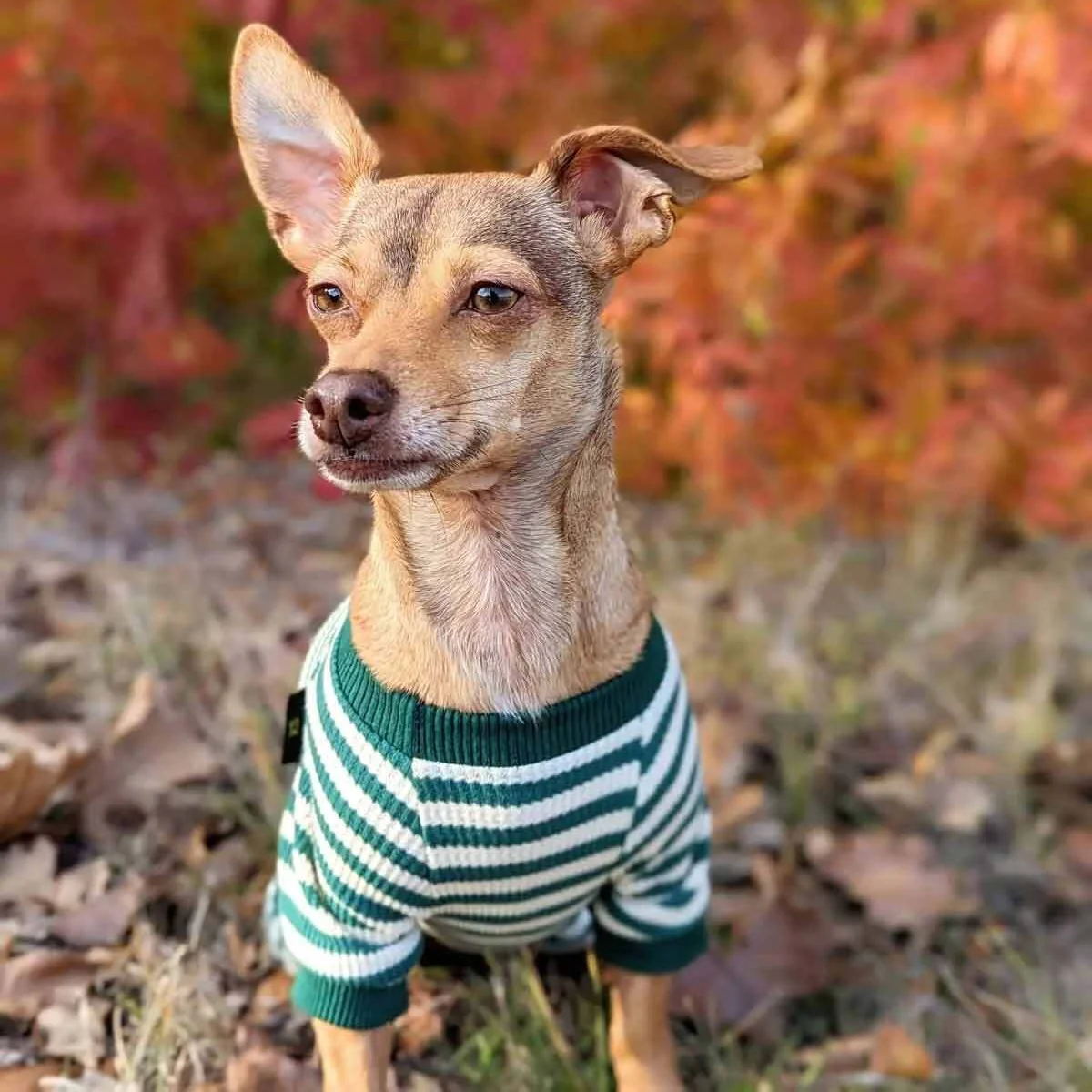Triceratops belongs to the family of triceratopsid dinosaur and is believed to have lived in the Maastrichtian era. It had roamed the earth some 68 million years ago. Triceratops used to live in North America. Based on the features of skull and horns, triceratops is more closely associated with Arrhinoceratops and Chasmosaurus.
Triceratops Facts for Kids
- Triceratops used to have three horns on its face and is likely to appear as modern rhinoceros.
- Evidence suggests that triceratops had shared their habitats with tyrannosaurus. However, there is nothing to show that both these species had confronted with each other.
- They are one of the most familiar dinosaurs.
- Triceratops was as long as 7.9 to 8.0 m with the height measuring at 2.9 to 3.0 m.
- They weigh as much as 13,000 to 26,000 lb.
- While triceratops is generally regarded as herding animal there is little evidence to suggest that they live in herds. Scientists believe that triceratops used to live in small groups.
- The skull of a young triceratops is almost the size of an adult human head.
- Evidence suggests that T. Rex used to prey triceratops since both share the same ecosystem. Both these species had their habitat in the forests and marshes of western North America.
- Othniel C. Marsh, a famous paleontologist named ‘Triceratops’ in 1887.
- Fossils indicate that triceratops may have emerged at the end of Cretaceous period. This means that they were the last dinosaurs ever walked on earth.
- Torosaurus might be the species of triceratops.
What did Triceratops Eat?
- Triceratops had a herbivorous diet. For the reason that triceratops had a dropped head they usually rely on plants or vegetation grown on land. However, they could also tear down some taller plants with their horns or skull.
- They had a beak that is meant to knock down their predators.
- Triceratops had their teeth arranged in a specific pattern called ‘Batteries’.
- They had 432 to 800 teeth in total.






Leave a Reply